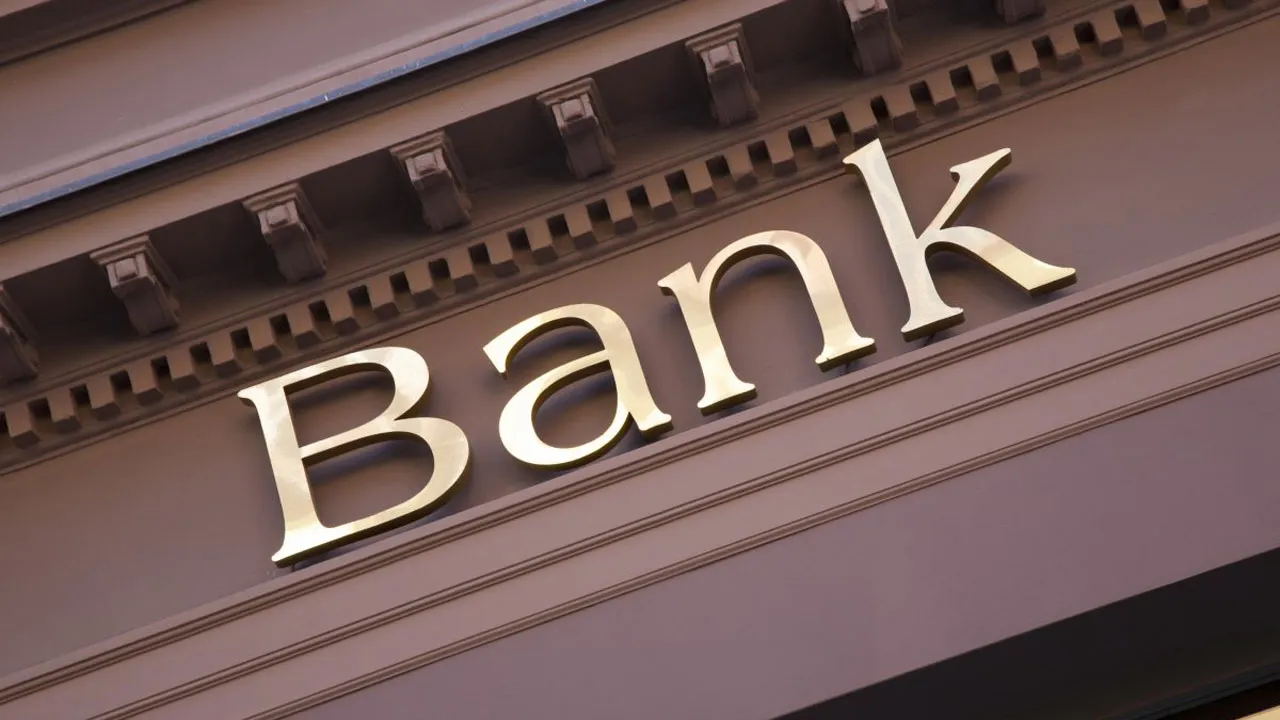The Banking Sector Remains In A Slump Despite The Credit Suisse Rescue
Traders are reconsidering their risk exposure and looking for protection in the stock market due to concerns that tightening financial conditions could cause a recession. Charlie McElligot, the cross-asset strategist at Nomura Securities International, said: "It ain't nice out there." A significant tightening impulse in financial conditions will be sparked by the bank's "profitability problem," which has evolved into a "solvency crisis."
The repositioning got underway approximately two weeks ago when Silicon Valley Bank's failure made it evident that there were issues with the American financial system. Because the financial industry is at the center of everything, as well as because the stock market had surged to start the year, the transition may occasionally appear and feel particularly dramatic. It is currently being unwound swiftly.
Yet, the threats transcend the flaws in the financial system and have been present for some time. The recent double-digit falls in stocks of companies like Deutsche Bank AG and Societe Generale SA in France primarily reflect the impact on bank profitability of a reduction in lending activity and the potential need to increase loan loss reserves.
Other growth-sensitive industries also experienced losses on Friday, with energy stocks plunging after West Texas Intermediate crude fell below $70 per barrel. Among the poorest performers were autos and miners, while shares in commercial real estate fell. Instead, investors rushed into sectors like food, pharmaceuticals, and telecommunications that were thought to be more resistant to economic downturns.
According to a report released on Friday by Bank of America, analysts led by Michael Hartnett, this kind of strategy is one of the reasons stock markets may reach new lows in the next three to six months.
Additional proof may be seen in factor models, where money managers steer clear of companies that have elevated leverage and volatile stock prices. A further indication that investors anticipate businesses to hang on to cash rather than sprinkling it on shareholders is the fact that they are selling off shares that have a high dividend and repurchase screening score.
Meanwhile, gold briefly traded above $2,000 as investors sought safe havens to weather the storm. According to a Bank of America note citing EPFR Global data, money market funds received their largest inflows since March 2020 in the week ending March 22, with more than $300 billion moving into cash over the month.
The Cboe VIX Index is currently trading at 23, which is not near the levels seen last week. According to McElligot, implied volatility for US equity indexes and ETFs remains "pretty tense," while the so-called VVIX Index, which measures the volatility of volatility, showed demand for tail risk hedging.
"For lack of a better word, our outlook is negative," Marko Kolanovic, chief global markets strategist at JPMorgan Chase & Co., said on Wednesday at a conference in Frankfurt, Germany. In terms of positioning, Kolanovic advises investors to focus on cash and short-term bonds, which pay you to "wait for the situation to clear up."

Subscribe to our newsletter!
As a leading independent research provider, TradeAlgo keeps you connected from anywhere.








